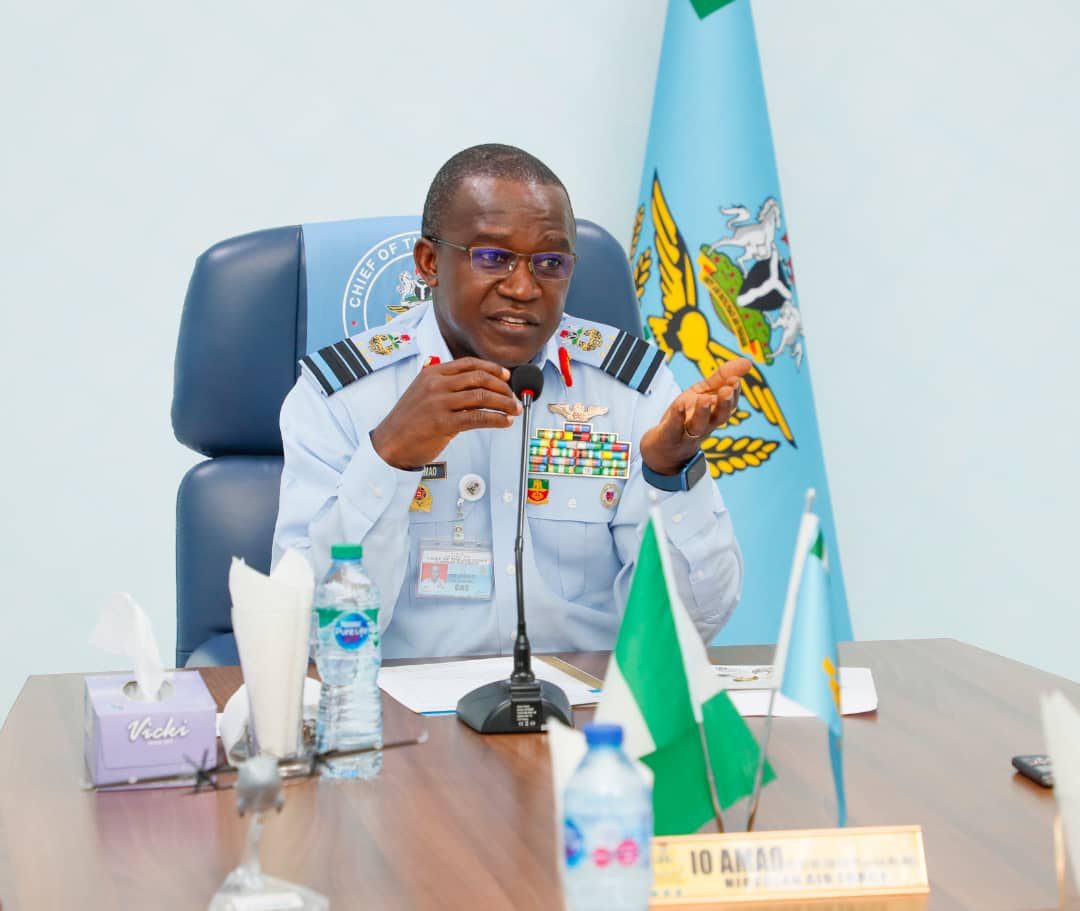Business
Truckers Threaten Service Withdrawal Over Customs’ Haulage Truck Seizures

Truckers under the aegis of Association of Maritime Truck Owners (AMATO) have threatened to withdraw their services over incessant seizures of vehicles by operatives of the Nigeria Customs Service (NCS).
The truckers lamented that the seizure and possible auctioning of their trucks by the NCS has led to untold hardships for haulage operators in the maritime industry, describing the seizures as unjust.
A statement signed by the President and secretary of the body, Chief Yemi Ogungbemi and Alhaji Sanni Muhammed, respectively queried management of the Customs over failure to arrest ships that import illicit goods to Nigeria for complicity.
”Does Customs seal the terminals that receive contraband and dangerous consignments in their yards for complicity in storing illicit consignments?”,
The truck owners said the Nigerian Customs at different fora made haulage operators to understand that the law stipulates they arrest the means of conveyance.
“If that is the reason, why not arrest ships that import containers with contraband goods to Nigeria. Are vessels no longer means of conveyance?”
AMATO described such laws obsolete, saying that it has become injurious to truckers’ means of livelihood.
The AMATO executives further stated that truckers can no longer withstand what they call the unfortunate circumstances of being used as scapegoat for offenses perpetuated by unscrupulous importers.
“The seizure and possible auction of our trucks by the Nigerian Customs Service is causing us untold hardships as truckers, and for a very long time, we have been passing through this injustice in the hands of Nigerian Customs Service.
“Truckers are mere commercial transporters of goods. We are only invited by agents to come and carry goods to and from the ports after Customs might have examined and approved the release of goods in containers to Importers and agents.
“But unfortunately, after loading the containers that are duly examined and released by Customs on our trucks, they would waylay the trucks on the road, seize and detain our trucks in their yards together with containers with question marks”, they said.
Further questioning the rationale for the seizures, AMATO queried why they are the victims when they are not involved in physical examination of goods in the ports together with Customs, Police, Directorate of State Security (DSS), Nigeria Drug Law Enforecement Agency (NDLEA), etc. to see what they carry.
“Does it sound just for Customs officers and other government agencies that jointly examined and approved the exit of contraband and other dangerous goods in the ports to be holding the trucker responsible for their fault and negligence?
“Is it the commercial trucker that is short-paying government’s import duty on goods or the Importers and their Agents?
“If the answer to the above questions are ‘No’, we are calling on Nigerian Customs Service to release all our trucks detained in their yards or we withdraw our services nationwide in protest against the unjust seizure of our trucks.
“Our members are facing agonizing economic hardships. Their means of livelihood are being seized by the Nigerian Customs for the offense committed by Importers and their dubious collaborating Agents.
“Nigerian Customs should please release our trucks and stop using the truckers as scapegoat.
“Recently, some containers were found to contain tramadol, arms and ammunition. If the trucker knows that he is to carry container loaded with explosives that can destroy him and the truck, or the contraband drug that would equally put him in trouble, he will not carry it.
“Thus, where is the justification for seizing our truck?
“We appreciate the previous Management of Customs authority, in that they reasoned with complaints and issued out circular that enables us to retrieve our seized trucks through application.
“But the present Management of Customs wrote against the Circular. All our efforts and entreaties to the present management of the Customs to revalidate the circular to enable us secure the release of our trucks have proved abortive.
“Hence our plan to settle out grievance with the customs authority through the eloquence of withdrawal of services if our trucks are not released by the Customs”, AMATO concluded.
By: Nkpemenyie Mcdominic, Lagos

